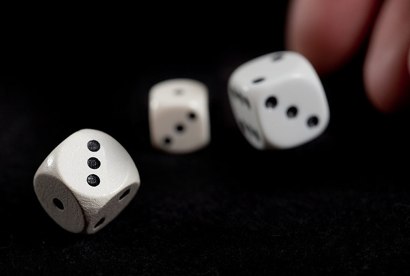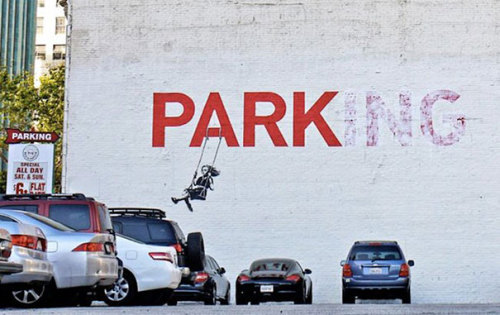5 quick things you can do today to boost your creativity:
bsp; 1) Want to be more creative? Get happy. Via The Progress Principle: Using Small Wins to Ignite Joy, Engagement, and Creativity at Work: Our diary study revealed a definitive connection between positive emotion and creativity. We looked at specific emotions as well as overall mood (the aggregate of a person’s positive and negative emotions during the day). Overall, the more positive a person’s mood on a given day, the more creative thinking he did that day. Across all study participants, there was…
4 minutes
The Two Word Trick For Becoming More Creative
order to innovate in a way that is both practical and effective you need to make "little bets." What's a little bet? A small experiment that tests a theory. It's just big enough to give you the answer you need but not so big that it wastes too much precious time, money or resources. Rather than going all-in on the first idea you have and risk losing everything, a little bet allows you to break out of your comfort…
5 minutes
These Are The Top Six Books That Will Make You More Creative
you read What are the four principles that will lead you to breakthrough creativity? and want more information, look no further. Six of the best sources I came across are below, with links and descriptions: 1) Creativity: Flow and the Psychology of Discovery and Invention Drawing on 100 interviews with exceptional people, from biologists and physicists to politicians and business leaders, poets and artists, as well as his 30 years of research on the subject, Csikszentmihalyi uses his famous theory…
3 minutes
4 Principles That Will Lead You To Breakthrough Creativity
mbing through the research, what are the overarching principles that we need to know to be more innovative thinkers in everyday life? Here they are, with links to the research backing them up. 1) Relax What is most likely your daily creative peak? Your morning shower. For many of us it's the most relaxing part of our day -- and the most creative. Just being happy can make you more creative for days; seriously, just smile. Watching comedy clips…
3 minutes
Are you more creative when you’re forced to work?
Daniel Akst's book Temptation: Finding Self-Control in an Age of Excess I found this line to be curious: At least one study of blocked writers has found that they were more productive and more creative when they were essentially forced to write instead of scribbling only when the mood struck them. So I looked up the study and, yes, it's true, being forced to write made writers more productive and more creative: Data for 3 groups of 9 ‘blocked’…
1 min read
Are future creative geniuses unpopular in high school?
s. The deliberate practice that will one day make them famous alienates them from their peers in adolescence. Via Quiet: The Power of Introverts in a World That Can't Stop Talking: ...the single-minded focus on what would turn out to be a lifelong passion, is typical for highly creative people. According to the psychologist Mihaly Csikszentmihalyi, who between 1990 and 1995 studied the lives of ninety-one exceptionally creative people in the arts, sciences, business, and government, many of his subjects were on the social…
1 min read
What’s a fun way to be more creative and more productive?
ke more breaks. Via the NYT: A growing body of evidence shows that taking regular breaks from mental tasks improves productivity and creativity — and that skipping breaks can lead to stress and exhaustion. And: Management should encourage employees to devise individually effective break routines, Dr. Levine says. But he also has some general guidelines: try working in intense 15-minute bursts, punctuated by breaks, in cycles that are repeated throughout the day. This works because “the thought process is not…
1 min read
Is curiosity the key to creativity?
esearch evidence suggests a strong link between inquisitiveness and creative productivity." Via Little Bets: How Breakthrough Ideas Emerge from Small Discoveries: Research evidence suggests a strong link between inquisitiveness and creative productivity. In an extensive six-year study about the way creative executives in business think, for example, Professors Jeffrey Dyer of Brigham Young University and Hal Gregersen of INSEAD, surveyed over three thousand executives and interviewed five hundred people who had either started innovative companies or invented new products. They…
2 minutes






